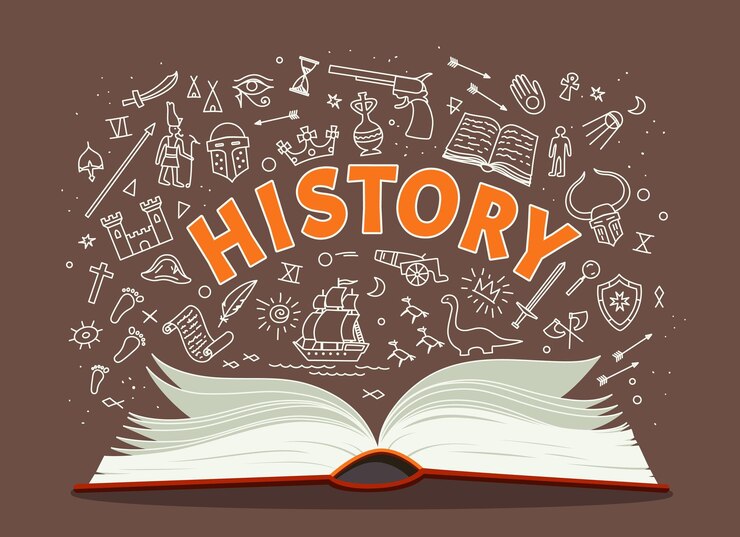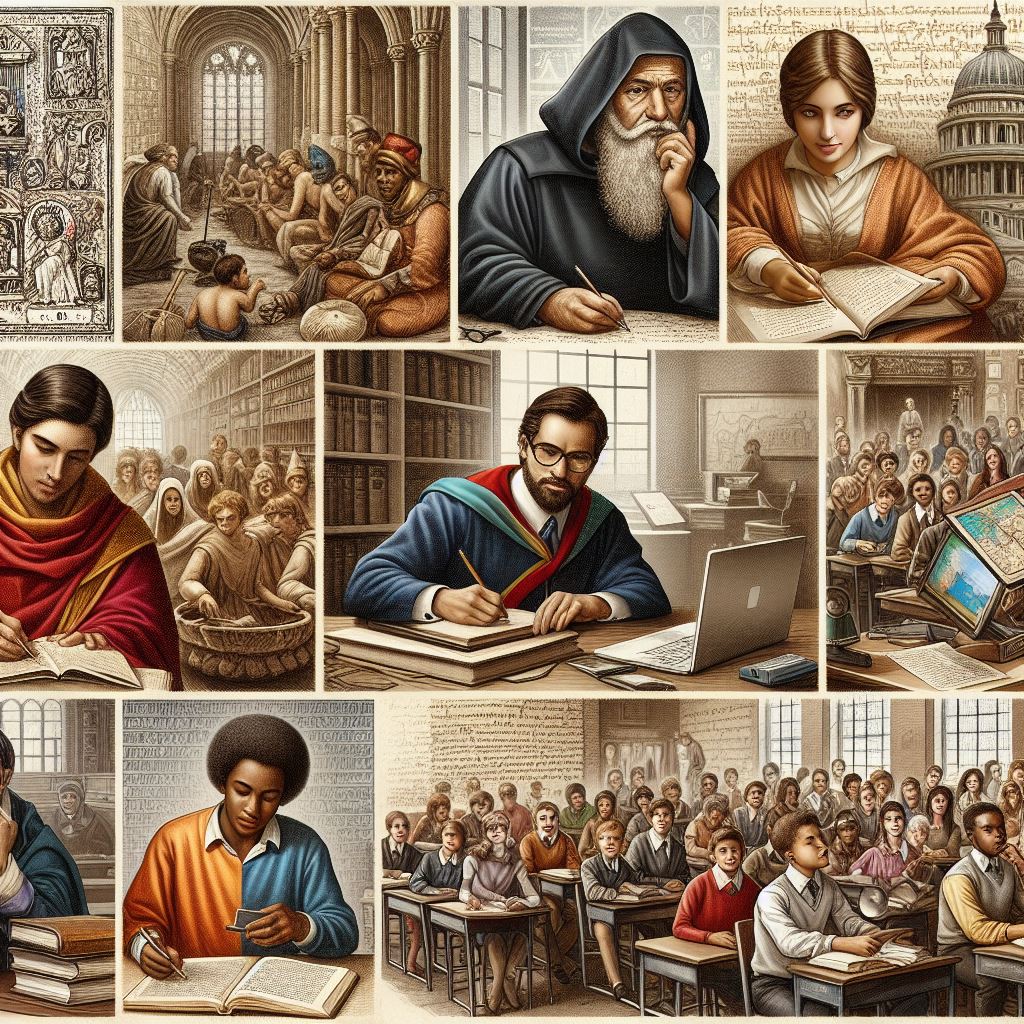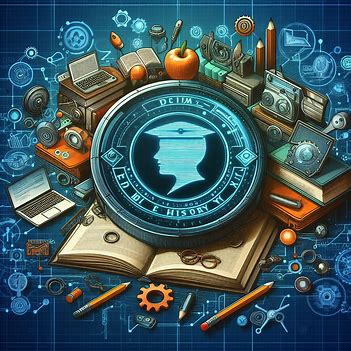Introduction: Educational History
Educational history is the study of the development of education over time. It examines how educational practices, theories, and institutions have changed in response to social, economic, and political factors. By studying educational history, we can gain a deeper understanding of the present educational system and the challenges and opportunities that it faces.
Read Must: Transformative Ideas from Educational Thought Leaders
Educational history

Educational history is the study of the development of education over time. It examines how educational practices, theories, and institutions have changed in response to social, economic, and political factors.
Some of the key topics in educational history include:
- The rise of mass education
- The development of different educational philosophies (e.g., essentialism, progressivism, constructivism)
- The impact of technology on education
- The role of education in social change
More Infomation About Educational History
History of education

The history of education can be divided into several periods:
- Ancient education(c. 3000 BCE – 500 CE): Education in ancient civilizations primarily focused on preparing individuals for societal roles. In Egypt, for example, education was available mainly to the priestly class and concentrated on studying hieroglyphics, mathematics, and astronomy. In Greece, education was more widely available and focused on developing intellectual and physical skills.
- Medieval education(c. 500 – 1500 CE): The Church primarily provided education during the Middle Ages. Monasteries and cathedrals served as learning centres, and the curriculum was focused on religious studies, Latin, and logic.
- Renaissance and Reformation(c. 1500 – 1700 CE): The Renaissance and Reformation led to a renewed interest in classical learning and the development of new educational methods. Humanist educators such as Erasmus and Vittorino da Feltre emphasized the importance of a well-rounded education that included the study of the humanities, sciences, and arts.
- Enlightenment(c. 1700 – 1800 CE): The Enlightenment was a period of intellectual and scientific revolution that led to several new ideas about education. Thinkers of the Enlightenment, like Jean-Jacques Rousseau and John Locke, argued that education should be based on reason and experience and that it should be available to all children regardless of their social class.
- 19th century(c. 1800 – 1900 CE): The 19th century saw the rise of mass education in Europe and North America. Governments began establishing free public schools for all children, expanding the curriculum to include a broader range of subjects.
- 20th century(c. 1900 – 2000 CE): The 20th century was a period of rapid change in education. New technologies, such as the printing press and the computer, led to new ways of teaching and learning. Educational psychologists also developed new theories about how children learn, leading to new teaching methods.
- 21st century(c. 2000 – present): The 21st century has seen the continued growth of technology in education. Online learning, blended learning, and other new technologies are being used to personalize learning and make it more accessible to students worldwide.
More Infomation
Educational reform movements

Throughout history, several educational reform movements have sought to improve the quality of education. Some of the most notable educational reform movements include:
- The progressive education movement(c. 1890 – 1950): The progressive education movement was a reaction to the traditional, teacher-centered approach to education. Progressive educators believed that children should be actively involved in their learning and that education should Consider the child’s holistic development, not simply academic abilities.
- The back-to-basics movement(c. 1950 – 1970): The back-to-basics movement was a reaction to the progressive education movement. Back-to-basics educators believed schools should focus on imparting fundamental skills, including writing, reading, and mathematics.
- The Standards Movement (c. 1980 – present): The standards movement is a movement to establish clear and consistent educational standards across the country. Standards-based education is based on the belief that all students should be able to learn the same high-quality content.
- The accountability movement(c. 1990 – present): The accountability movement is a movement to hold schools and teachers accountable for student achievement. Accountability-based education is based on the belief that schools and teachers should be rewarded for success and punished for failure.
More Infomation
Major educational thinkers

Some of the most influential educational thinkers in Educational history include:
- Confucius(551 – 479 BCE): Confucius was a Chinese philosopher who believed that education should be used to develop moral character. He emphasized the importance of respect for authority and the pursuit of knowledge.
- Plato(428 – 348 BCE): Plato was a Greek philosopher who believed that education should be used to develop the mind and prepare individuals for their roles in society. He argued that education should be divided into elementary, secondary, and higher stages.
- Aristotle(384 – 322 BCE): Aristotle was a Greek philosopher who believed that education should be used to develop the intellect and the character. He argued that education should be based on studying the classics and the sciences.
- John Locke(1632 – 1704): The English philosopher John Locke believed education should be based on reason and experience. He argued that children should be taught to think for themselves and to be independent learners.
- Jean-Jacques Rousseau(1712 – 1778): Jean-Jacques, the French philosopher Rousseau, thought education should be based on the child’s natural development. He argued that children should be allowed to learn at their own pace and in their way.
- Johann Heinrich Pestalozzi(1746 – 1827): Johann Heinrich Pestalozzi was a Swiss educator who believed education should be based on the child’s needs. He developed a method of teaching that emphasized the importance of observation, experience, and activity.
- Friedrich Froebel(1782 – 1852): Friedrich Froebel was a German educator who believed that education should be based on the play and creativity of children. He developed a method of teaching that emphasized the use of games, songs, and stories.
- Maria Montessori(1870 – 1952): Maria Montessori was an Italian educator who believed that education should be based on the scientific observation of children. She developed a method of teaching that emphasized the importance of independence, self-direction, and hands-on learning.
- John Dewey(1859 – 1952): John Dewey was an American educator who believed education should be based on the learner’s experience. He developed a method of teaching that emphasized the importance of problem-solving, critical thinking, and social interaction.
These are just a few of the many educational thinkers who have shaped the history of education. Their ideas continue to influence educational practices around the world today.
Conclusion About Educational History
Educational history is a vast and complex field of study. In this paper, we have only been able to scratch the surface of some of the key topics in educational history. However, this introduction has given you a better understanding of the importance of academic history and how it can inform our understanding of the present educational system.
By studying educational history, we can learn from the mistakes and successes of the past and develop a more informed vision for the future of education.


